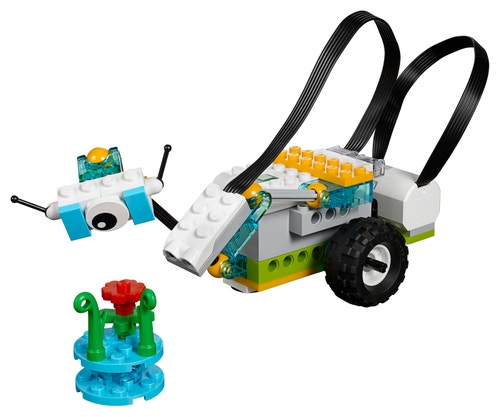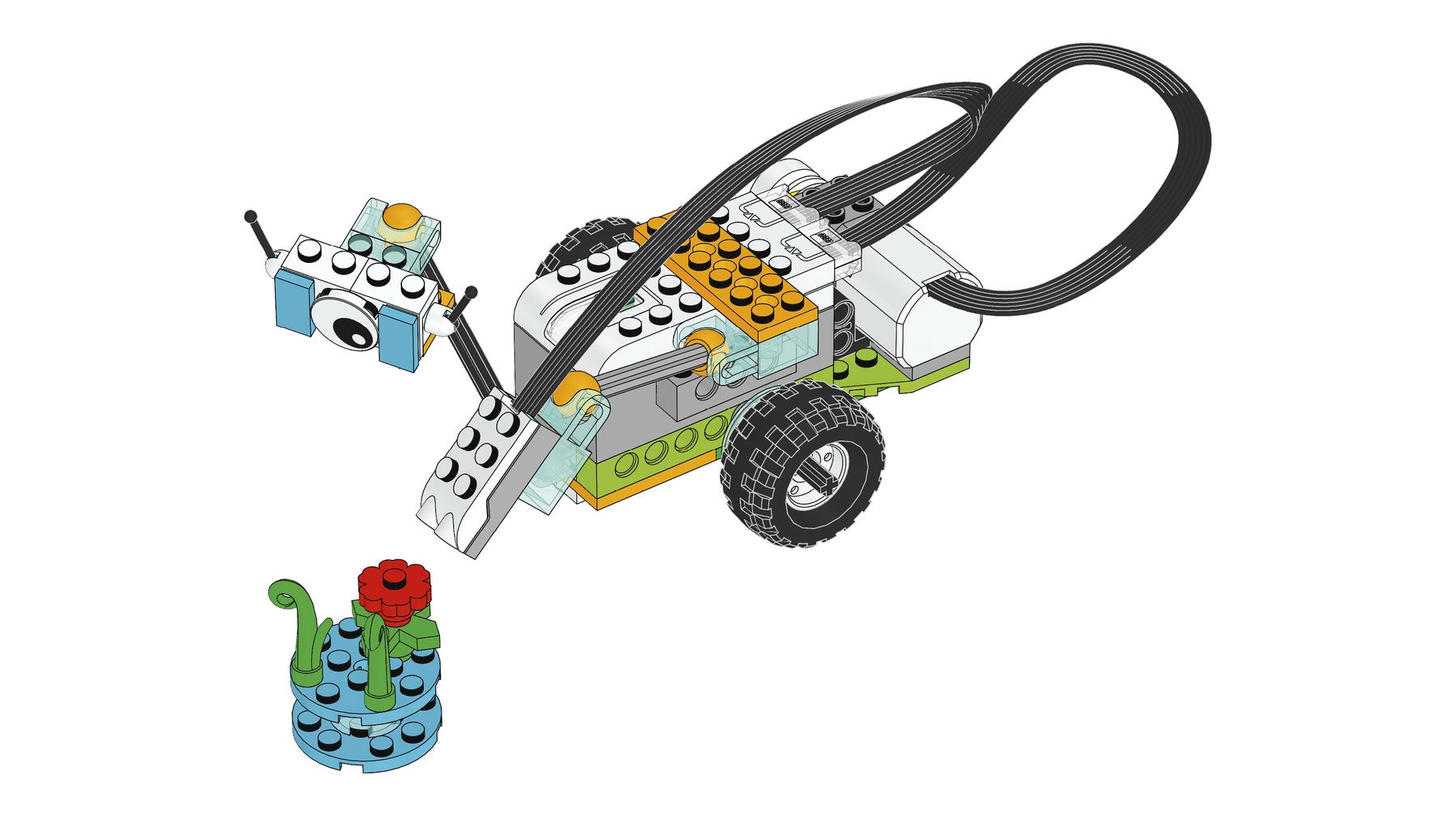Getting Started Project, part B: Milo’s Motion Sensor
Discover how to use the Motion Sensor to detect the presence of a special plant specimen.

1. Preparation
(15-30 minutes)
• For information regarding general preparation, please see the “Classroom Management” chapter.
• Read through this project so you have a good idea of what to do.
• Prepare to introduce this project to your students.
• Define your expectations and theirs.
• Determine the end result of this project: Everyone should have a chance to build,
program, and document.
• Make sure that timing allows for expectations to be met.
Important
It is recommended that you complete the four Getting Started Projects in a single
sequence. If not, it is recommended that you complete these before moving on
to other projects. This will give the students ample time to explore the materials.
Approximate timing for the four Getting Started Projects is:
• Part A: Milo the Science Rover: 40 min.
• Part B: Milo’s Motion Sensor: 15 min.
• Part C: Milo’s Tilt Sensor: 15 min.
• Part D: Collaborate: 15 min.
2. Explore phase
(3 minutes)
Questions for discussion
- How are science instruments important to the tasks that scientists have to
complete?
Rovers are fitted with sensors that tell them when to move and when to stop. This makes them suitable for carrying out research In remote locations.
3. Create phase
(7 Minutes)
Your students will follow the provided building instructions to create a robotic arm
that incorporates the Motion Sensor, making it possible for Milo to detect the plant
sample. They will also build a plant sample on a LEGO® round plate.
The provided program string will make the rover move forward until it detects the
presence of the sample object. It will then stop and make a sound.
Ask the students to record a sound that will signify the rover’s discovery.


4. Share phase
(5 minutes)
Ask your students to record a video of their mission. They will practice using the
camera and recording themselves, which will be useful for future projects.
Teacher Support
Students will:
Create and program Milo's object-detector arm using the Motion Sensor Input.
Document how Milo has found the special plant specimen.
LEGO® Education WeDo 2.0 Core Set
WeDo 2.0 Software or Programming App